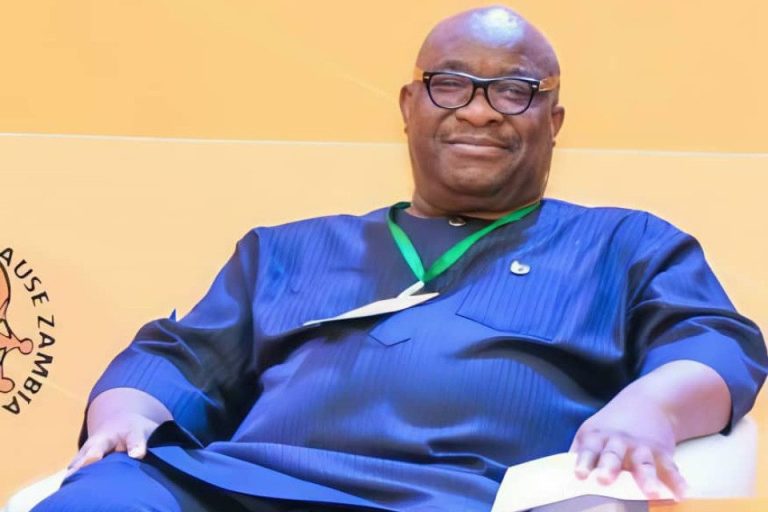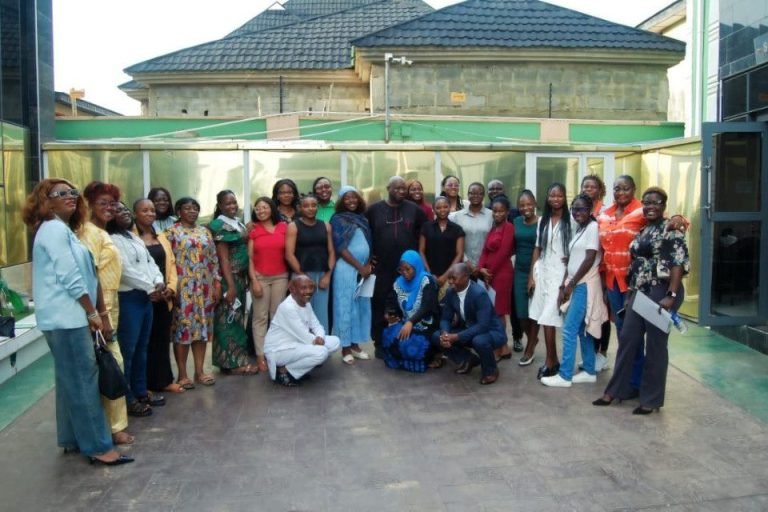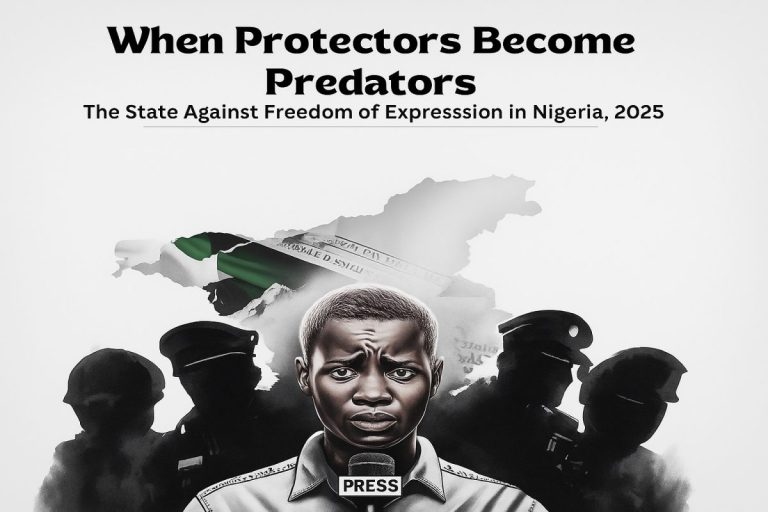Eighteen expert non-governmental organisations from across the world, including Media Rights Agenda (MRA), have filed legal submissions before France’s highest court, the Council of State (Conseil d’État), raising serious concerns about a ruling of France’s data protection authority, la Commission nationaleinformatique et libertés (“CNIL”), on the “right to be forgotten”.
In 2014, CNIL ordered Google to remove 21 links from the results of an internet search on the name of a French citizen who claims a “right to be forgotten.” Google initially removed the links from its French search site (www.google.fr) and other European search sites (such as www.google.ie), but CNIL demanded it go further. Google then blocked the links from results returned to European users, even when using Google’s non-European sites, including www.google.com. CNIL however demands that when it orders content to be “forgotten” from search results, this decision must be given effect worldwide, meaning that the results must be made unavailable to all users internationally, regardless of where they are accessing internet search engines. CNIL has also imposed a huge fine on Google, of €100,000.
The 18 NGOs that filed submissions are: the Internet Freedom Foundation; the Software Freedom Law Center, India; Collaboration on International ICT Policy for East and Southern Africa (“CIPESA”); Digital Rights Foundation; Unwanted Witness; Paradigm Initiative ; Association for Progressive Communications; I-Freedom Uganda Network; Jonction; Media Rights Agenda; Sierra Sustainable Technology; Instituto Beta for Internet and Democracy; The League of cyberactivists for democracy, Africtivistes; The Karisma Foundation; Global Voices; the Institute of Technology and Society of Rio; Red enDefensa de losDerechosDigitales; the Center for Information Technology and Development (“CITAD”), Nigeria.
The NGOs are expressing grave concerns about CNIL’s approach and its implications for human rights worldwide.
They all specialise in the defence of human rights, the protection of online freedom of expression, and in increasing access to information technology around the world.
The NGOs, and the many people across the world whose rights they protect, rely on freedom of expression and the free exchange of ideas and information online in order to carry out their important work in protecting human rights internationally. CNIL has unilaterally imposed draconian restrictions on free expression upon all organisations and individuals who use the internet around the world, even imposing a “right to be forgotten” upon countries which do not recognise this principle. The CNIL ruling causes particularly serious damage to human rights protection in the developing world. In their submissions, the NGOs urge the Council of State to annul the CNIL’s decision, stating:
“In the developing world, given that some governments are already trying to restrict freedoms on the internet through restrictive local laws, a precedent compelling companies to remove content based on already limiting laws will have the effect of eliminating checks and balances that inhere in international law. Countries such as Pakistan are already making efforts to ensure that certain political and critical content is removed from cyber space and the interveners are concerned that compelling companies to follow restrictive laws will further stymie the right to access to information and free speech. Such a precedent will also mean that dissent within a country can be censored in equal measure internationally.
As a result, the order of the CNIL sets a dangerous precedent, by opening the door for national authorities in other countries to impose global restrictions on freedom of expression through remedies grounded solely in their own domestic law. The possible race to the bottom is of the utmost concern to the interveners.”
The legal submissions were drafted by freedom of expression experts Caoilfhionn Gallagher QC and Jude Bunting, barristers at Doughty Street Chambers, London, and avocat Thomas Haas, Paris, who acts for the NGOs and filed the submissions with the Council of State.
The decision of the Council of State on Google’s appeal is expected later this year.
The Council of State is considering an application by Google Inc for the annulment of decision no. 2016-054 of 10th March 2016 by the CNIL. The CNIL in this decision ruled that the delisting process implemented by Google in order to comply with the principles arising from the European Court of Justice’s ruling in oogle pain et oogle Incc and arioCoste a on le on 13th May 2014 was insufficient, imposed a monetary penalty on Google of €100,000 and decided to make its decision public.




